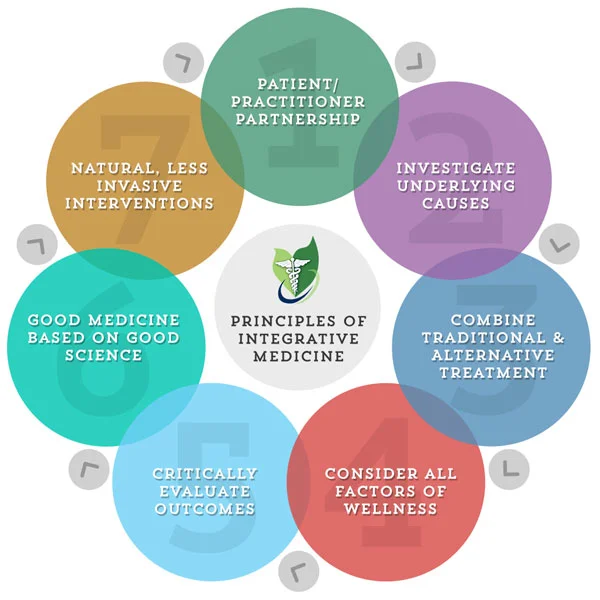Depression is a serious and costly health problem facing our country, with a quarter of the US population being affected.
These are terrible odds.
To date the most prevalent theory as to how and why depression occurs is the neurotransmitter theory. BUT not everyone responds to medications which boost neurotransmitters, like serotonin. Only about half of patients respond to antidepressants, and those who do respond will likely experience relapse of depression within two years even if they are sticking to their treatment recommendations.
These are terrible odds.
The field of Integrative Mental Health considers other reasons for depression, such as an altered microbiome, chronic inflammation, hormones, mitochondrial dysfunction, dietary sensitivities, genetic mutations, and the role of neurogenesis.
Integrative Mental Health focuses on the whole person in order to promote recovery as holistically as possible from a mental health diagnosis. Integrative Medicine is synonymous with functional medicine and complementary and alternative medicine.
I’m so proud to announce that at the Lindner Center of HOPE, we are now offering Integrative Mental Health Medicine consults, to include genetic, micronutrient, thyroid, and metabolic testing with appropriate recommendations on lifestyle changes, including diet.
As Hippocrates famously said, “Let food be thy medicine.”
This is something I’ve been working on for almost a year, friends. I’m so happy my ideas are coming into the world! My hope is to serve this very vulnerable population as best I can.
Sources
Greenblatt, J. M. & Brogan, K. (2016). Integrative therapies for depression. Boca Raton, FL: CRC Press
Mental Health Basics. (2013). Retrieved from https://www.cdc.gov/mentalhealth/basics.htm



